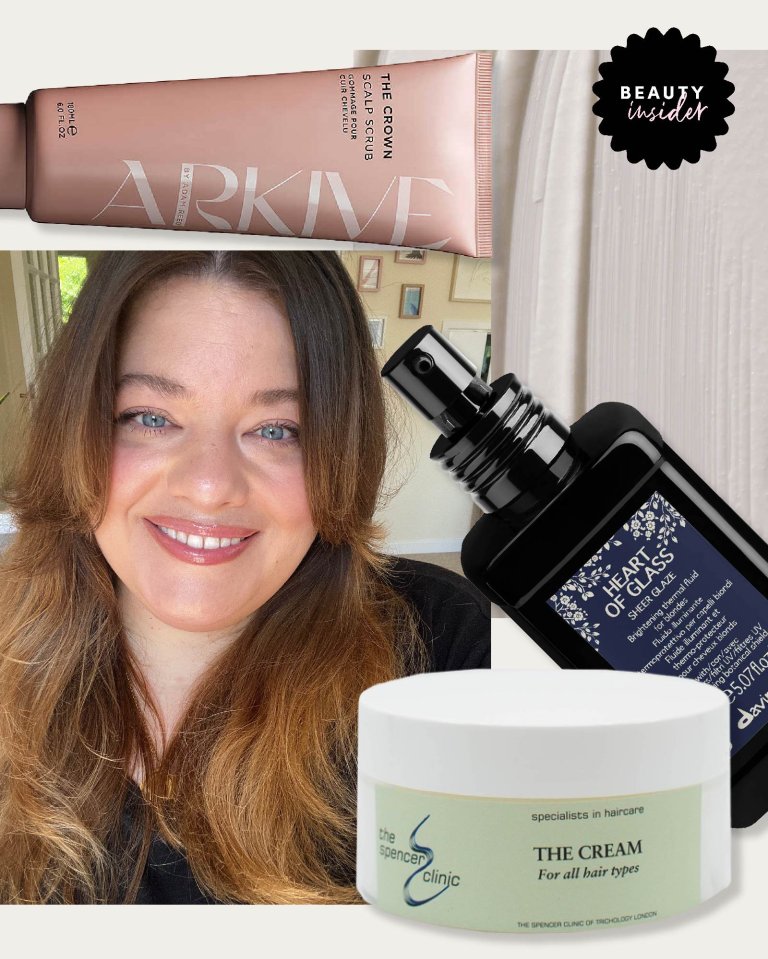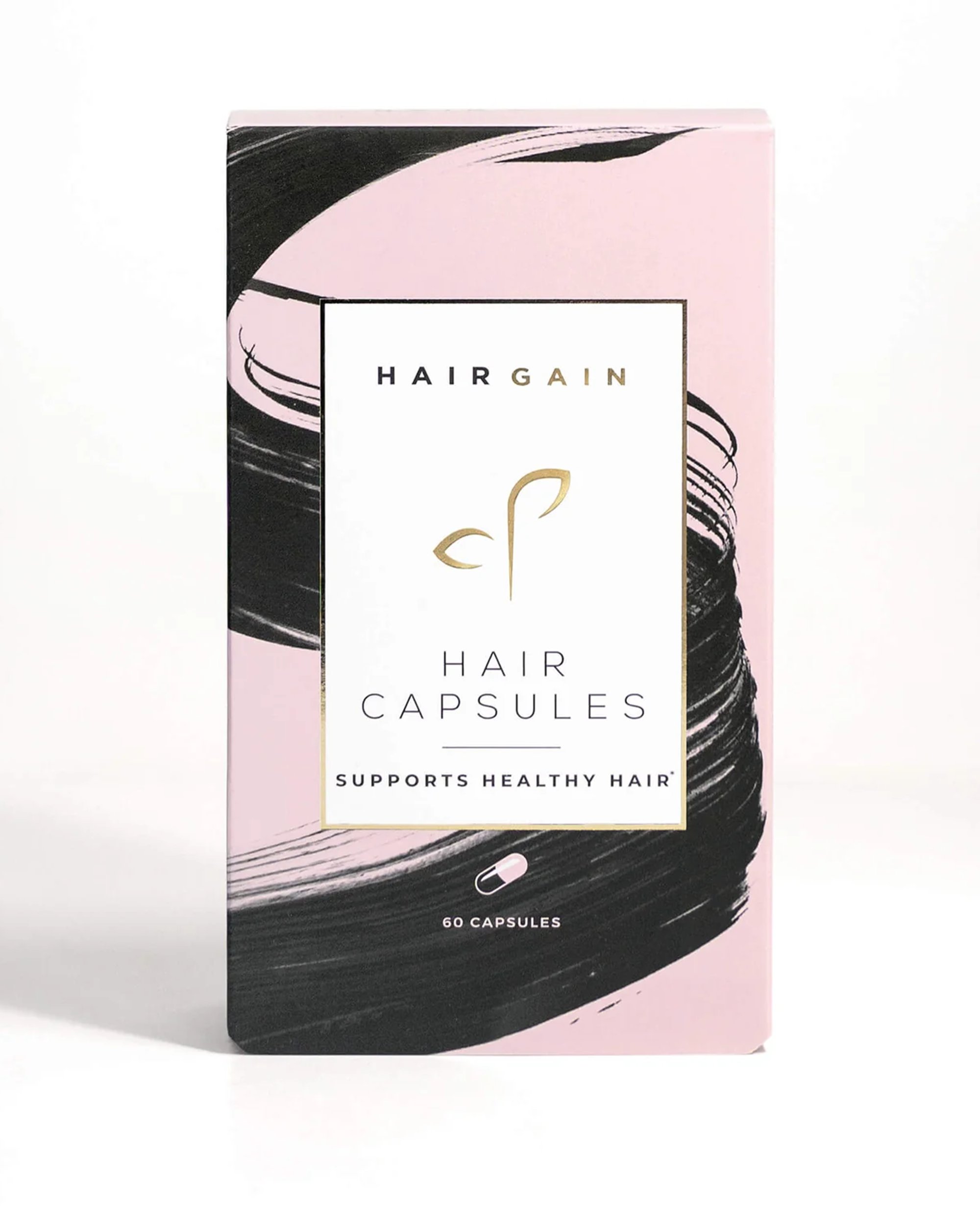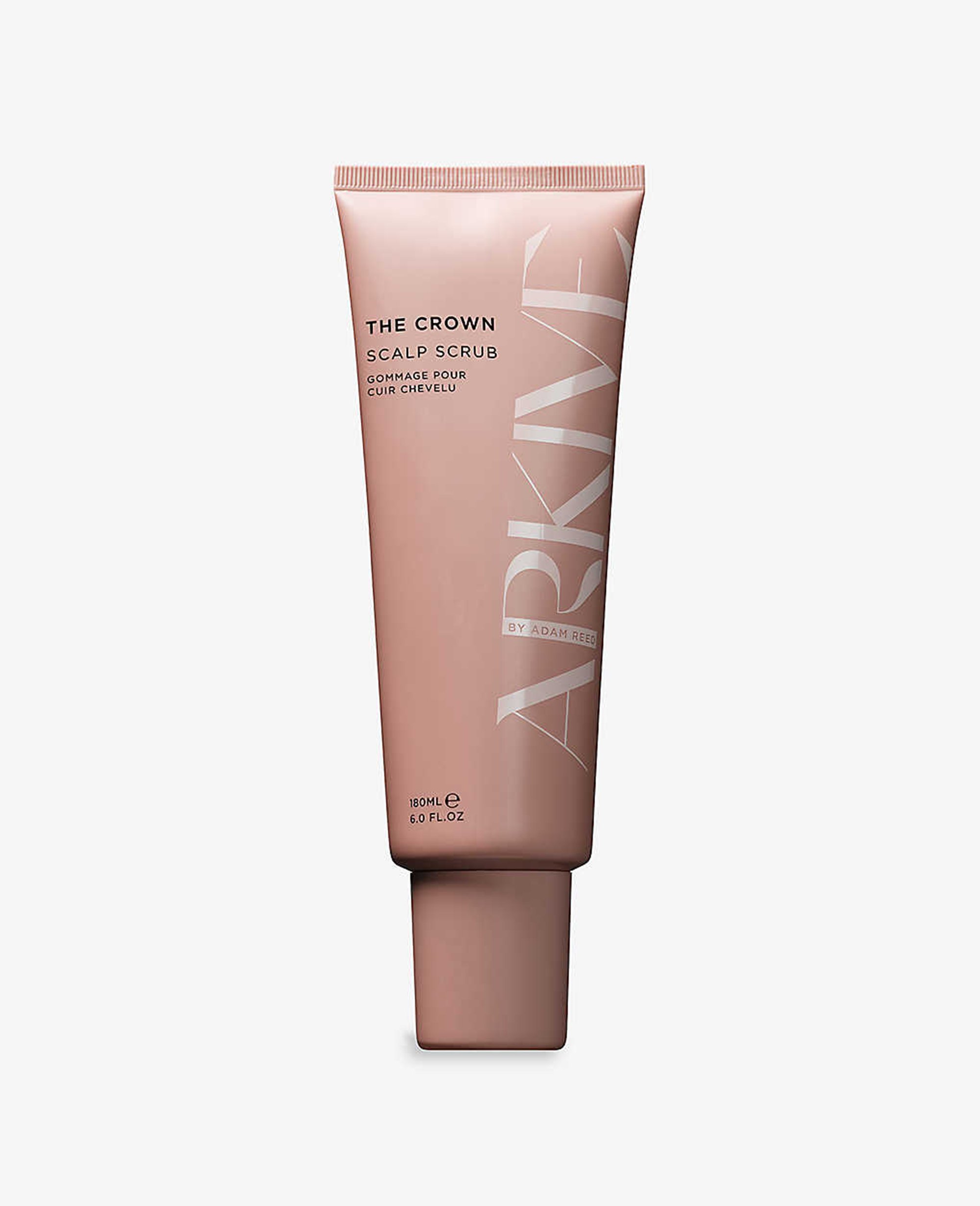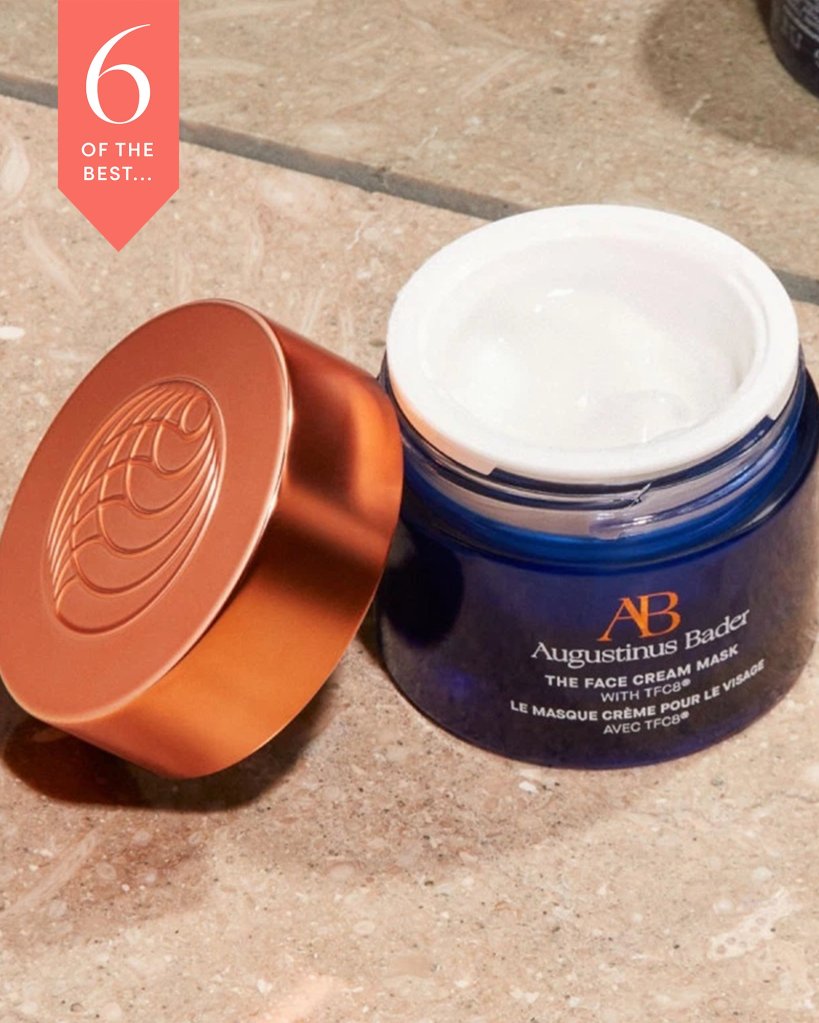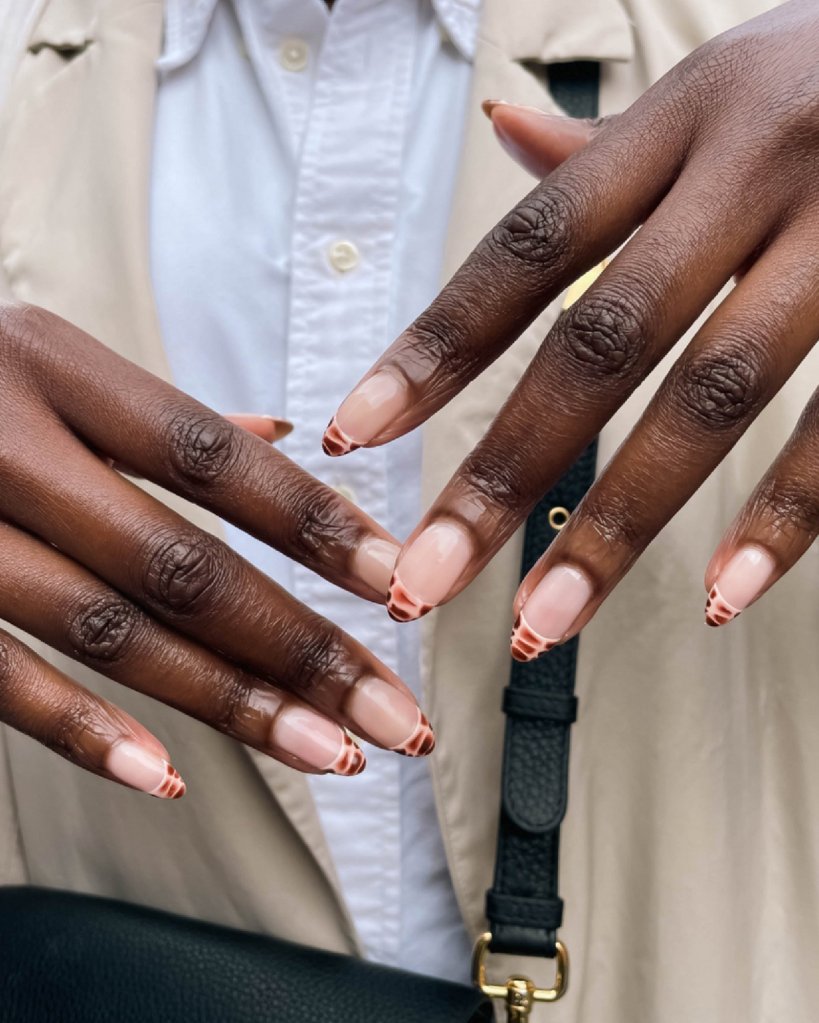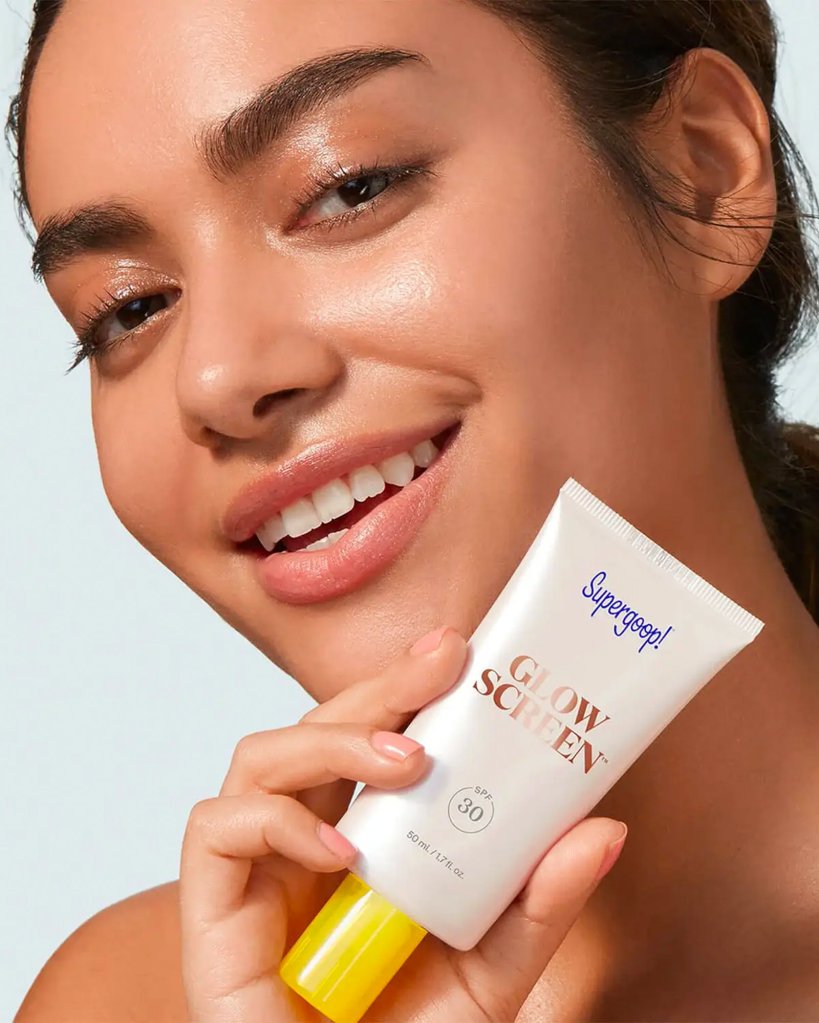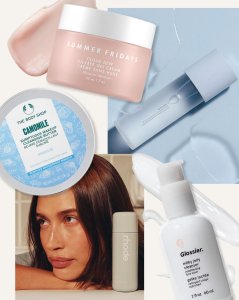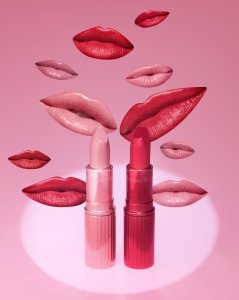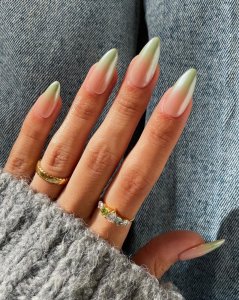When we think of fake news, we tend to think of Donald Trump and his fraudulent election claims, but misinformation in the beauty sphere is just as, if not more prevalent – albeit less high stakes.
Take TikTok’s obsession with rosemary oil for hair growth. While hair oiling has long been a tradition among South Asian and Black communities, TikTok has whitewashed it into a “miracle cure”.
I avoided the rosemary oil hype, until I hosted a panel talk for supplement brand Hair Gain last month, where I met Samantha Stewart MIT, consultant trichologist at The Spencer Clinic, London.
While most people are familiar with a dermatologist and know that they are the go-to expert when it comes to skin, many in the general public still aren’t aware of trichologists and how they are the equivalent but for your scalp and hair.
As I fielded questions for Samantha, the topic of rosemary oil inevitably came up along with a whole host of other hair growth myths. Rather than gatekeep her answers for those in attendance, post-event I asked Samantha to answer some questions for Eliza. Don’t even attempt to become a long-hair girlie without reading her advice first.
It’s true, your hair won’t grow past a certain length
One of the most fascinating things I learnt from Samantha is that your hair growth limit is decided before you even have any hair. That is down to your genetic hair growth rate, which everyone has and as Samantha explains, “cannot be increased”.
While I know that’s not what you want to hear, chances are your hair isn’t reaching its maximum potential anyway.
“If we don’t look after our hair once it has emerged from our scalp, we can suffer from breakage and this will mean that we can’t maintain the length grown,” Sam warns.
Don’t ignore the basics
Again, I know no one wants to hear it but blame Samantha, not me: “It’s really important to ensure that we don’t use excessive heat and overdo chemicals.”
We may be able to pay for our weekly shop on our watch, but we still can’t bleach or straighten our hair into oblivion without damage, sadly.
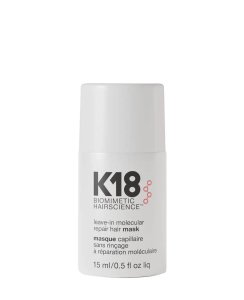
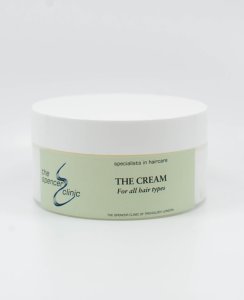
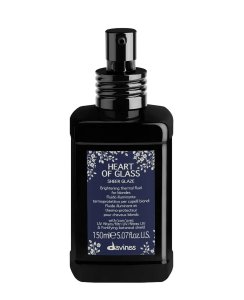
*Eliza may earn commission on sales from these product links
“Minimising this damage ensures that we can retain the length to which our hair grows genetically,” says Sam.
Related articles:
- The best heat protectant sprays for added shine, gloss and moisture
- How to safely colour curly hair, according to columnist Penny
- 6 of the best shampoos for damaged hair, whether you’ve overdone it with bleach or heat
Split ends remain the devil
“Regularly trimming our hair helps to remove split ends. Contrary to what most believe, there is no repair for split ends and failure to remove them results in breakage,” says Sam. “Once the hair breaks, it will continue until the damaged area is removed.”
So, yes, don’t cancel that trim thinking it will save you extra inches in the long-term.
It’s not all about products
We all are guilty of wanting quick fixes for everything, but knowing the science behind hair growth might actually save you money.
Despite how it can feel, “unfortunately, we do not need hair to live,” says Sam. “So, any deficiencies within our body will see vital nutrients re-rooted to essential organs.
“Our hair is the second fastest dividing cell within our body, therefore, requires a steady supply of vitamins and minerals. A deficit in these means the hair cannot maintain its cellular turnover, which can lead to increased shedding and a decrease in the growing phase of the hair cycle.”
Beige food lovers, there is still hope for you however, as you can rectify this with a scientifically proven hair supplement according to Sam. Note the scientifically proven, however (more on this later).
Add these to your routine
I know, I just said it’s not all about products, but two things Sam does recommend is a scalp exfoliator and a hair mask.
“Hair masks are really important to help maintain the integrity of the hair shaft. Once our hair shaft has emerged from our scalp it is dead, so therefore susceptible to weathering. It is vital to ensure the hair cuticle remains intact to maintain the hair as it grows,” says Sam.
Meanwhile, “regular scalp exfoliating treatments help to keep the scalp’s microbiome balanced, which supports healthy hair growth.”
If in doubt, call in the experts
I cannot stress this last point strongly enough. If you are struggling with hair loss specifically, consult a trichologist to uncover the underlying problem. The Institute of Trichologists is a good place to start.
